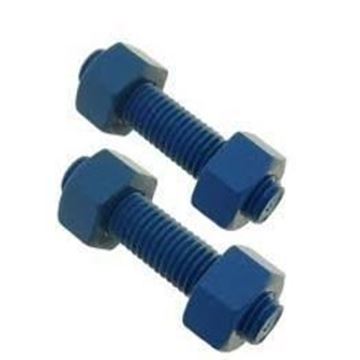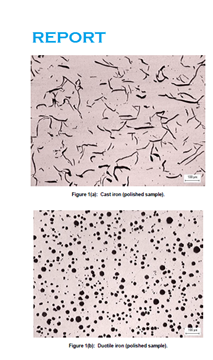Search
Reports
View as
Sort by
Display
per page
NACE Publication 01116-SG, “State-of-the-Art Report on Evaluating Cathodic Protection Systems on Existing Reinforced Concrete Structures”
Product Number:
21411-SG
ISBN:
1-57590-248-2
Publication Date:
2016
$109.00
NACE Publication 01210-2010-SG, Cathodic Protection for Masonry Buildings Incorporating Structural Steel Frames
Product Number:
24244-SG
Publication Date:
2010
$109.00
NACE Publication 02103-2003-SG, Liquid-Applied Coatings for High-Temperature Atmospheric Service
Product Number:
24219-SG
ISBN:
02103
Publication Date:
2002
$109.00
NACE Publication 02107-2007-SG, Coatings for Protection of Threaded Fasteners Used with Structural Steel, Piping, And Equipment
Product Number:
24232-SG
Publication Date:
2007
$109.00
NACE Publication 05101-2001-SG, State-of-the-Art Survey on Corrosion of Steel Piling in Soils
Product Number:
24216-SG
ISBN:
St Art Corr Stl
$109.00
NACE Publication 05107-2007-SG, Report on Corrosion Probes in Soil or Concrete
Product Number:
24234-SG
Publication Date:
2007
$109.00
NACE Publication 05114-2014-SG, "High-Voltage Direct Current Interference"
Product Number:
24254-SG
Publication Date:
2014
$109.00
NACE Publication 08113-2013-SG, "Corrosion Problems and Renewal Technologies in Municipal Wastewater Systems"
Product Number:
24251-SG
Publication Date:
2013
$109.00
NACE Publication 10A292-2013-SG, "Corrosion and Corrosion Control for Buried Cast- and Ductile-Iron Pipe"
Product Number:
24250-SG
Publication Date:
2013
$109.00
NACE Publication 10A392-2006 "Effectiveness of Cathodic Protection on Thermally Insulated Underground Metallic Structures
Product Number:
24156-SG
Publication Date:
2006
$179.00
NACE Publication 10A392-2018 "Effectiveness of Cathodic Protection on Thermally Insulated Underground Metallic Structures"
Product Number:
24156-2018
$109.00
NACE Publication 10B189-2014-SG, "Direct Current Operated Rail Transit Stray Current Mitigation"
Product Number:
24255-SG
Publication Date:
2014
$109.00












